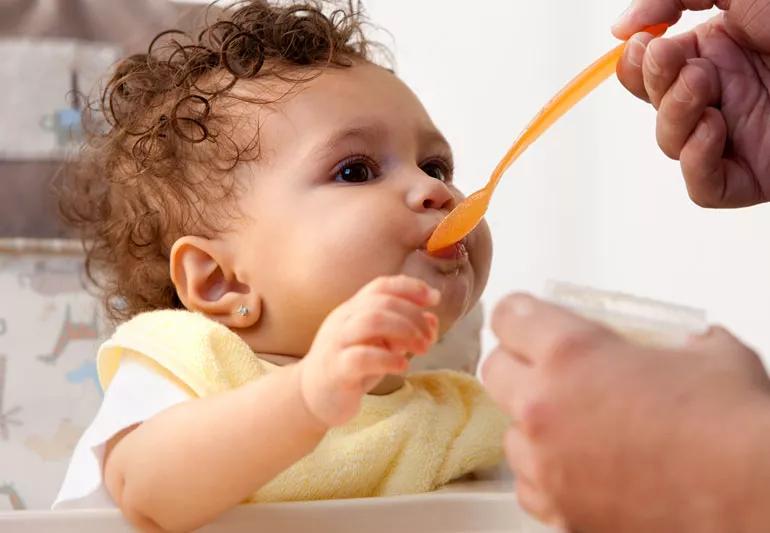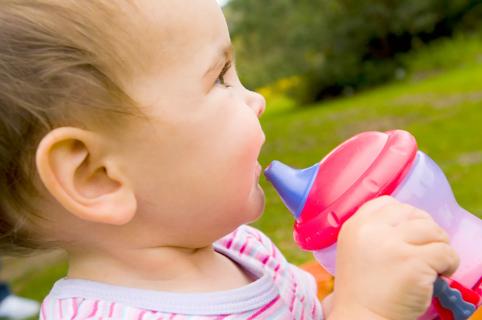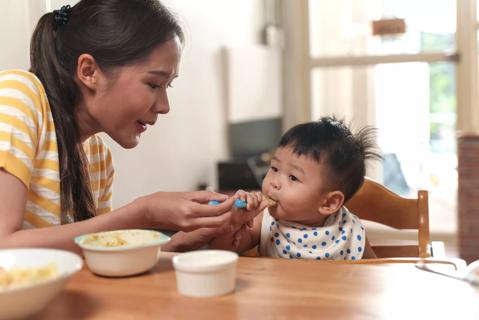How to make baby food at home

When it comes time to for your infant to start eating solid food, is preparing it yourself any better or worse than choosing pre-made, packaged baby food?
Advertisement
Cleveland Clinic is a non-profit academic medical center. Advertising on our site helps support our mission. We do not endorse non-Cleveland Clinic products or services. Policy
“Both types of food have pros and cons,” says pediatric dietitian Diana Schnee, MS, RD, CSP, LD.
Baby food in the jar is convenient and portable, but some parents worry about:
For these and other reasons, some parents opt to take the homemade route. This can be less expensive, but it also has its downsides:
Advertisement
It’s up to you. According to Schnee, the concerns aren’t dire enough to rule out either type of food. Ideally, she recommends a combination — making homemade food when you’re having dinner at home and buying jars for when you’re dining out.
“The quality of processed baby food is no longer an issue — there are high-quality, natural baby foods on store shelves now, and most well-known brands have good safety records,” she says. “But if parents want to make homemade food, it’s fine as long as they do it safely.”
If you choose to make baby food yourself, follow these guidelines:
No time for homemade? Busy parents can still feed their babies fresh foods that don’t come in a jar. Take one of these along on your next outing:
Advertisement

Sign up for our Health Essentials emails for expert guidance on nutrition, fitness, sleep, skin care and more.
Learn more about our editorial process.
Advertisement

In babies under 12 months old, cow’s milk has been associated with gastrointestinal bleeding

No juice until your child is 1 year old — and even then, they shouldn’t have much, if any

Ultimately, the choice depends on what works best for you and your baby, but it’s also important to be aware of the pros and cons of both

Ideally, you want your toddler to be drinking from a ‘big kid cup’ by age 2

Letting your baby feed themself foods the whole family enjoys has its benefits — but stick to softer foods and follow safe-eating guidelines

Levels are generally low, but there are ways to minimize potential health risks

Slowly introducing cow’s milk (or soy milk) can help your child make the change

In babies under 12 months, honey may cause a serious illness called infant botulism

Even small moments of time outdoors can help reduce stress, boost mood and restore a sense of calm

A correct prescription helps your eyes see clearly — but as natural changes occur, you may need stronger or different eyeglasses

Both are medical emergencies, but they are very distinct events with different causes